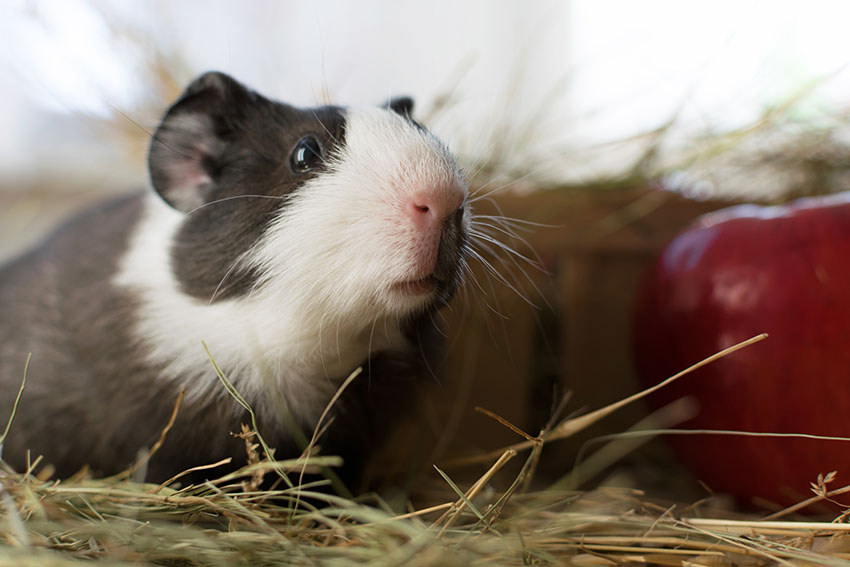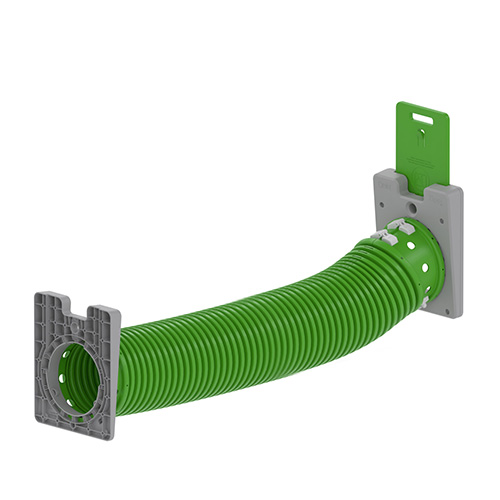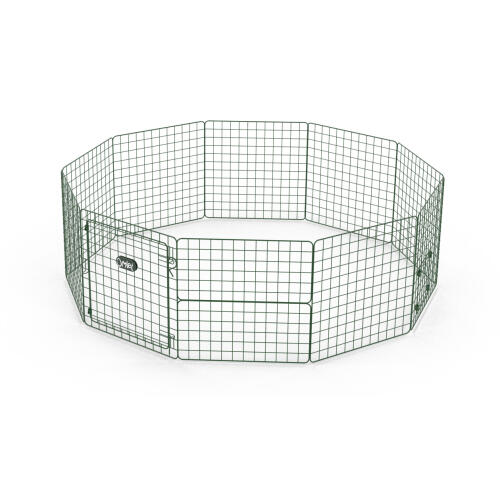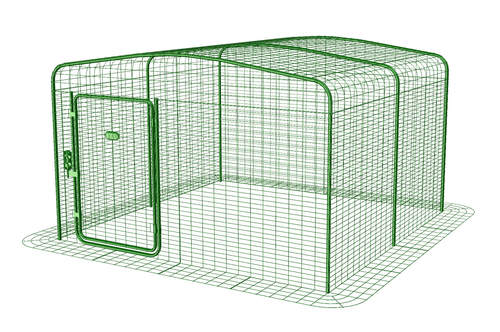Once you’ve had your guinea pigs for a while you’ll start to build up an idea of how much they normally eat, how much they normally weigh, and how much they move around during the day. It is this knowledge that proves invaluable when owners are assessing the health of their guinea pigs - a significant departure from their usual appearance and everyday behaviour is often a good way of telling something’s wrong. Guinea pigs are herd and prey animals, so they are very good at hiding their problems until the last minute. This is why it’s advisable to get your pet to a vet without delay.

Keep a close eye on your guinea pigs' health
Some of the issues that require veterinary intervention include:
- Signs of pain
- Limping or paralysis
- Excessive itching and scratching
- Hair loss
- Pregnancy
- Bloating
- Loss of appetite
- Lumps and bumps
- Inability to urinate or defecate
- And wound or injury
- Swollen feet
- Weight loss
- Blood in the urine
If you’ve not dealt with such situations before, it’s also a good idea to take your guinea pig to the vet if you notice that your pet is suffering from any parasites, or is pregnant. In such cases, your vet can offer some great help and give you demonstrations, advice and products to help your pet be comfortable, happy and healthy.






Comments
There are no comments just yet